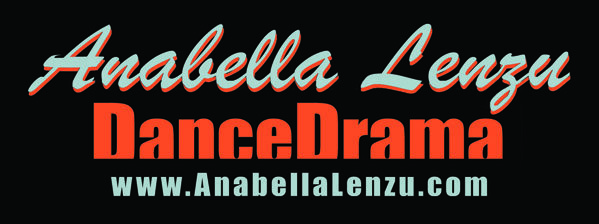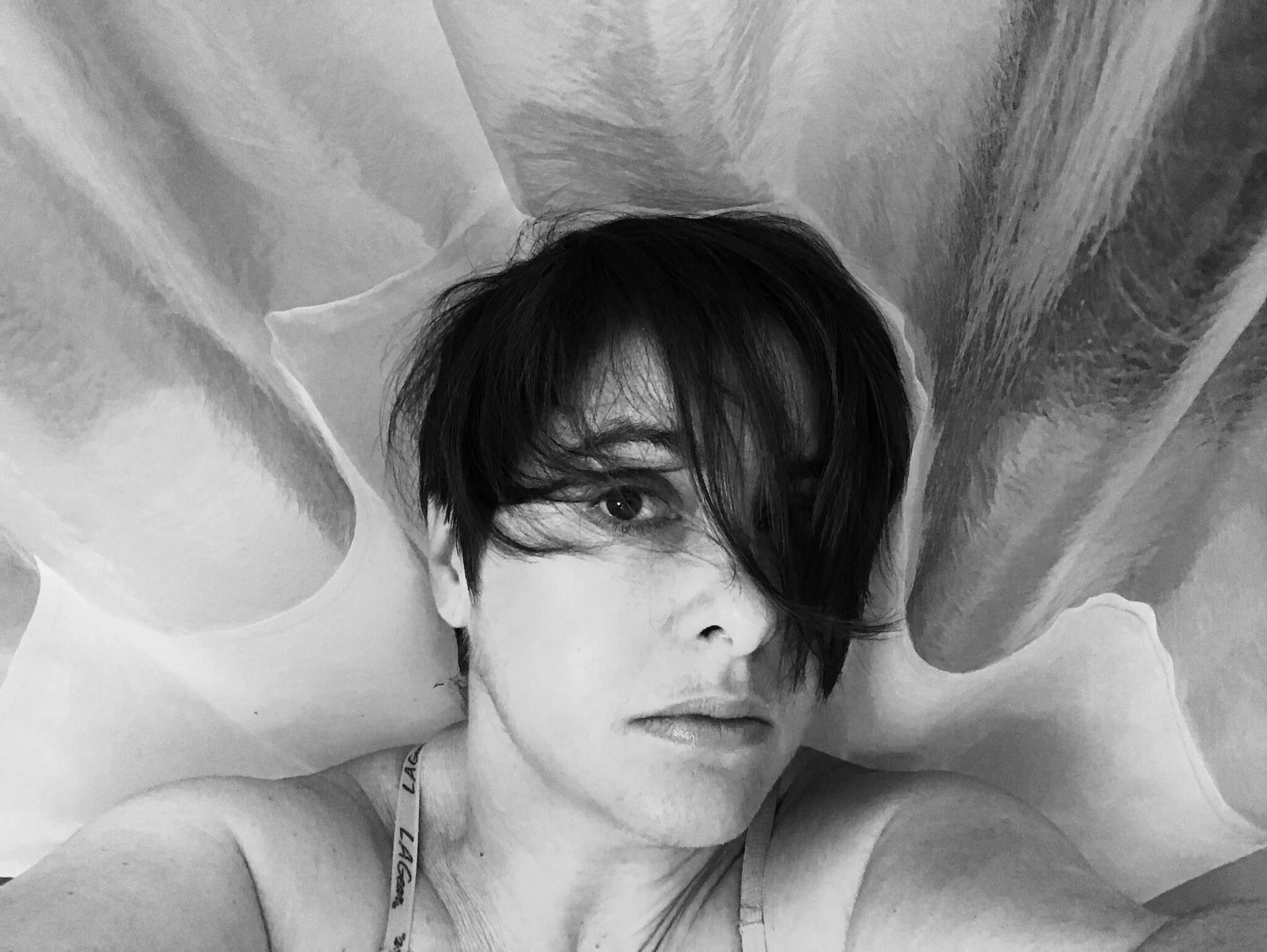selected Repetory
“Her choreographic excerpts possess a prime color boldness that a child could easily respond to, and an unusually classic structure that a critic might appreciate.”
The night that you stopped acting/ La noche que dejaste de actuar
The night that you stopped acting questions and affirms the reality of being a creator, an artist, and a spectator. It's a reexamination of five key pieces of my repertory as well as an investigation of the very nature of the creative process, asking: "If a work of dance is created in the here and now, what happens when the here and now changes? How do the changes of our circumstances, our lives, and our bodies, alter our approach as dancers and choreographers?"
No More Beautiful Dances
"No More Beautiful Dances," a dance/theater solo in which the spoken word, drawings, and video projections merge to offer a very personal view of femininity and what it means to be a woman today. In this interdisciplinary solo, Anabella's wrestles with issues of identity as experienced by a contemporary artist who is also a woman, mother, and immigrant. The artist feels that through dialogue with collaborators, her work starts out specific, but arrives at a universal message. The choreography incorporates technology as a magnifying glass, and uses cameras as portals to reveal another dimension for audiences and performer.
It is a search to define identity in a modern context, and discern the way in which to shape one's own agency through a post-colonialist lens. What does it mean to be human? The body becomes the homeland, and movement is a mother tongue. The show explores two ideas: the body as a container and the body as a tool, using two live-streaming cameras, two projectors and two laptops. Technology in this piece is a magnifying glass, showing something normally hidden from normal view. The cameras become a portal to another dimension for the audience and performer.
Sangre & Arena (Blood & Sand)
"Sangre y Arena" (Blood and Sand) is a visceral piece of dance-theater that reconnects with the primal impulses that underlie ritual, juxtaposing intellect and instinct. In this interdisciplinary, multimedia production Lenzu rediscovers ceremony and heritage. In our fast-paced society, where technological "connectedness" too often replaces real interpersonal connection, "Sangre y Arena" calls for a return to ritual. In a move away from the purely spectacular and presentational side of dance, Lenzu reconnects choreographically with the primal impulses of art and creation.
Pachamama: Mother World
Pachamama: Mother World is an exploration of Dance-Theatre inspired by the male initiation rituals of the Selk’nam, a tribe of Tierra del Fuego, Argentina. The performance unfolds like a prehistoric commedia dell arte, moving away from the presentational side of dance and reconnecting with the primal impulses of art.
The Grass is Always Greener
Immigration. Roots. Discrimination. Memory.
Conceived and directed by Argentinean choreographer Anabella Lenzu with photographic projections created by Todd Carroll, “The Grass is Always Greener…” is a gripping, polemical piece of dance theater that hashes the personal, practical, and political struggles of immigrants to the United States. The piece moves in between the turn of the twentieth century, during the great waves of immigration at Ellis Island, and modern day. In a non-linear approach, the work weaves in scenes from our current conflict on US immigration policy, bringing the contemporary debate into sharp relief against historical, forgotten experiences.
The Corral
Community. Chaos. Revolt
“The Corral” is a piece that explores the themes of homeland and patriotism. As a native Argentinean and a foreigner on United States soil, I often ask myself: which country is my “home”—the country where I was born or the country that nourishes me (financially/culturally) now?. More specifically, “The Corral” processes the experience I had with “El Corralito”—the 2001 social-political uprising in Argentina when the government froze all bank accounts, essentially robbing the entire nation overnight. The word “Corralito” translates to corral, a holding pen for farm animals. This is where I will incorporate symbolism from George Orwell’s novel, Animal Farm, and Gabriela Mistral’s poetry. These references will mix with the physical theatre and movement to explore different perspectives and investigate how governments trap citizens and create stereotypical characters. The pages of history in any country are written with the same words: anger, power, joy, fear and hope.

